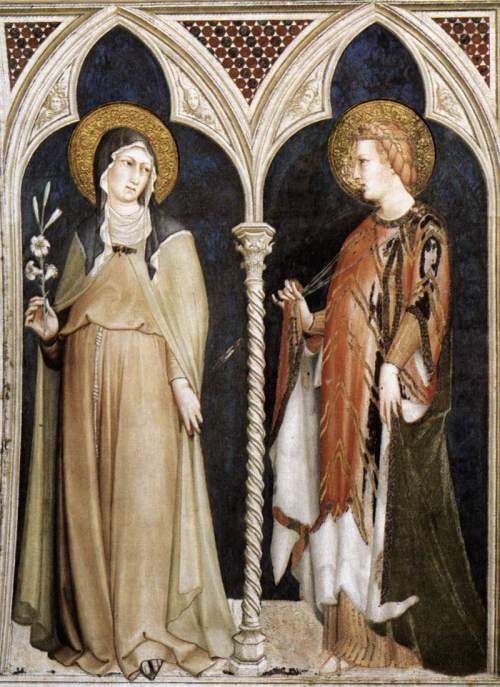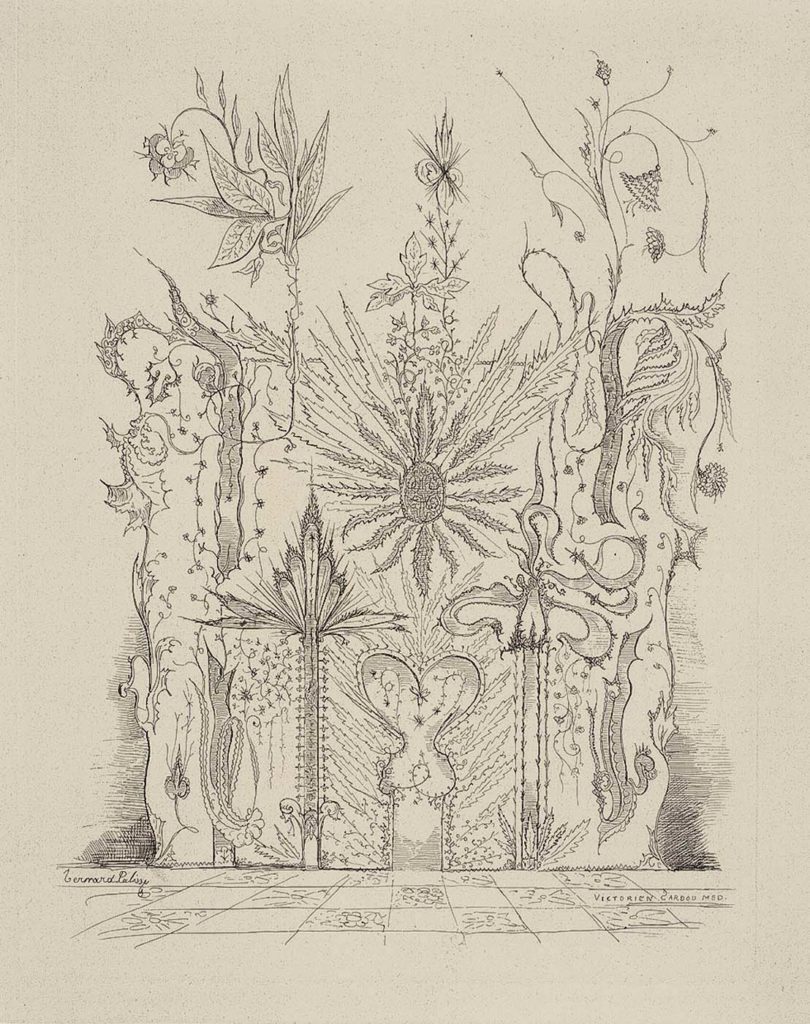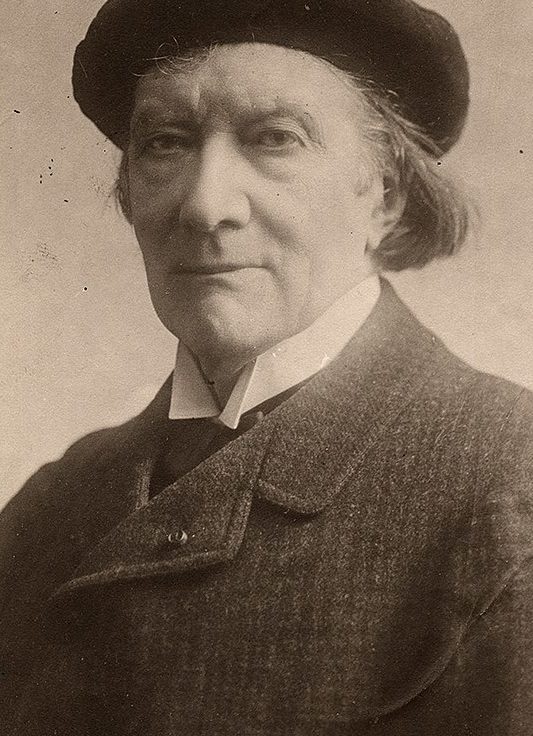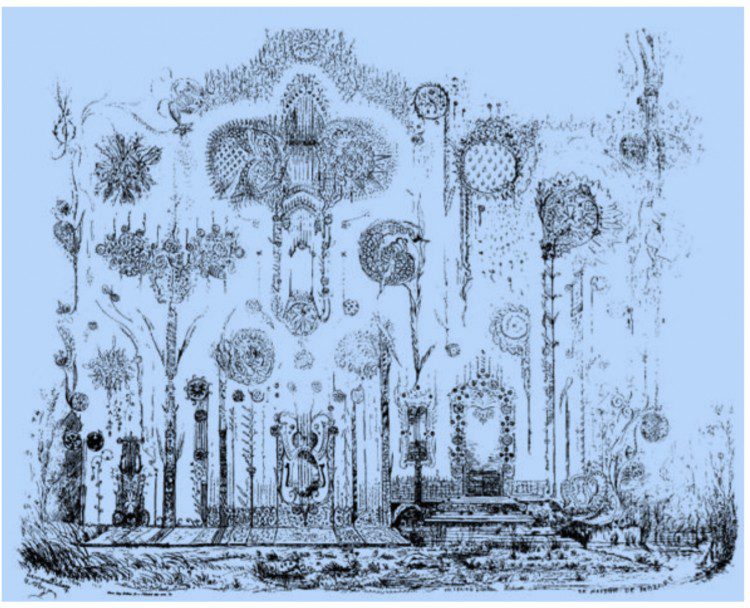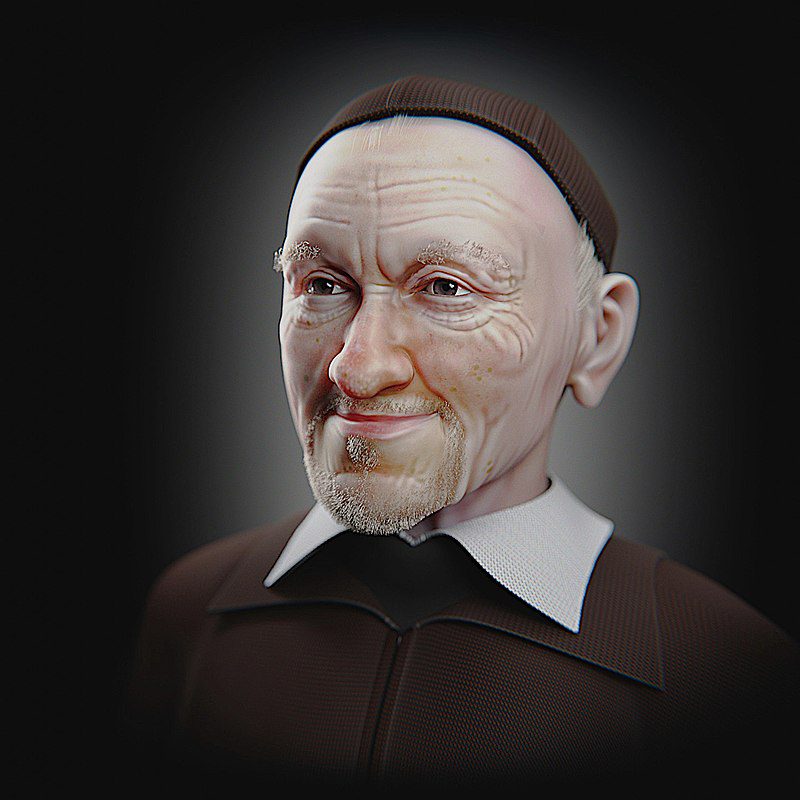Will Smith's Slap: Reflections
For those who didn't see it, yesterday, on the night of the Oscars 2022, Will Smith, when taking the stage, gave a big slap in the face of the presenter, Chris Rock. It turns out that, shortly before, he had made a joke, associating Will's wife, who suffers from hair loss due to an illness, with the protagonist of an old movie, where the protagonist has her hair shaved.
Will got up, walked towards Chris, “armed”, as we can see in his physical behavior and gave him a big slap in the face. No, it doesn't seem to have been a staging, as we can see in the video to the side and, even if it were, the reflection would remain, as we could do with a film.
And what does that have to do with our subject here? Well, actually, a lot, as with a lot of everyday happenings. Let's see:
First, we can justify Will's action?
Well, we are not here to judge anyone, but only to analyze actions that can give us a guide for timely reflections. We can, at first glance, raise the issue of defense: Will would only be defending the image and honor of his wife, which would justify the act.
If it had been just over a century, the case would have made a beautiful duel: there would be a challenge from which, probably, only one of them would come out alive. In fact, the “slap in the face” comes precisely from this past habit: the challenger, hit in his honor, with his hand or with a glove, hit the offender in the face, challenging him to a gun duel.
757. Can the duel be considered a case of self-defense?
"No; it is murder and an absurd custom, worthy of barbarians. With a more advanced civilization and more moral, man will understand that the duel is as ridiculous as the combats that were once considered to be the judgment of God.”
The Book of Spirits
Dueling, however it may be, is something that makes a man ridiculous. Lives are wasted and suffering unfolds in matters of banal disputes which, moreover, almost always have the honor as the central point of contention.
759. What value has what is called point of honor, in the matter of dueling?
“Pride and vanity: humanity’s double wound.”
The two excerpts above were taken from The Spirits' Book, by Allan Kardec. Of course, we are not here talking about a duel to the death — something that, in different ways, still happens — but we can refer to the Spirits' Book, in terms of the spirits' concurring opinion in this regard. If you don't know what Spiritism is all about, which is a science whose theory was born from the rational and methodological observation of spiritual manifestations and communications, Click here to access a master's thesis on the subject.
Remembering: we are not here taking this work as a sacred code, but rather bringing it to support, through the Doctrine of the Spirits, to our reflection. And we see, after all, what rationally becomes wide open to our eyes, but which we rarely want to admit: behind it all is wounded pride and threatened vanity. After all, in the case at hand, the answer could have been higher: Will could have taken the opportunity to give several moral lessons on the issues involved. But there are more of the aspects enclosed in the question; let's go to them:
the passions
In the past, back in the 19th century, it was very common and clear to use the term passion to designate the strong human attachment to an object, theme, person or feeling. So a man passionate, at that time, he would have been a man frantic in his attachment to a particular issue.
Today, it is more common to be the word emotion associated with that context. However, understanding the meaning of the first, I think that the second does not represent the high degree of attachment as well as the first. For example, a man may be feeling the emotion of anger, but this emotion can be in different degrees, and, to a certain extent, this emotion, which emanates from the instinct, is useful and beneficial (eg, when we feel angry when trying to open a screw-on lid that won't come off: anger gives us even more strength to open it, but if left unchecked, it often hurts us in the process). On the other hand, in saying that man is experiencing the passion from anger, it is very well understood that he is in a very high degree of attachment to this emotion that, despite emanating from instinct, which is always useful and balanced, arrived in a state of madness and incontainment.
And then follows, in the same sequence, a complement by Kardec to the previous question, in OLE:
[759] a) — But are there not cases where honor is truly pledged, and where a refusal would be cowardice?
“That depends on the uses and customs. Each country and each century has a different way of seeing it. When men are better and more advanced in morals, they will understand that the true point of honor is above earthly passions and that it is not killing, nor letting oneself be killed, that they will repair wrongs.”
It is “beautiful” to see that the Spirits themselves, when superior, do not judge us with contempt. They always denote that everything is in accordance with our evolution, that is, with our time and the customs of each people. A simple example: in the old days, Japanese samurai took their own life, with a dagger, when they recognized themselves guilty and without honor.
But the main point is at the end of the paragraph: “the true point of honor is above earthly passions and that it is not killing, nor allowing oneself to be killed, that they will repair grievances”. It is in overcoming the passions that we will find the true point of honor, the true feeling, the true charity. It is through this overcoming that we will advance to a new stage of society, but this is only done by will and individual choice. How, then, to arrive at this new state of earthly things?
Kardec, in A Genesis (chapter III), concludes: “He who does not master his passions can be very intelligent, but, at the same time, very bad. Instinct annihilates itself; the passions can only be tamed by the effort of the will.“. However, this chapter ends here, in the 5th edition of this work, which, we now know, has strong indications of having been tampered with. Taking the 4th edition, we have the following closure:
All men go through passions. Those who have overcome them, and are not, by nature, proud, ambitious, selfish, spiteful, vindictive, cruel, wrathful, sensual, and do good without effort, without premeditation and, so to speak, involuntarily, it is because they have progressed in the sequence. of their previous existences, having rid themselves of this uncomfortable weight. It is unfair to say that they have less merit when they do good, compared to those who fight against their tendencies. It turns out that they have already achieved victory, while the others have not yet. But when they do, they will be like the others. They will do good without thinking about it, like children who read fluently without having to spell. It is as if they were two sick people: one cured and full of strength while the other is still recovering and hesitates to walk; or as two runners, one of which is closer to the finish than the other.
This original ending is very important. It will precisely show the central point: we tame the passions through our will, in the effort made through many incarnations, in the face of trials and atonements.
So here, taking Will's case as an example, we could say: it was an impetus of passions that led him to act that way. Probably now he regrets, somewhere, for what he did. What if he had a gun and, in a rush, had taken Chris Rock's life? Well, maybe, at some point, he would feel enormous guilt. This guilt could stop you on your journey, because you are under an enormous weight of remorse and, especially, if you believe that you have sinned and deserve punishment. How to resume walking? Realizing, after all, that you have committed a error, precisely for not knowing how to deal with passions. Finally, we ask: what matters more: punishing oneself or looking for ways to exercise the learning to contain these passions? Since the second case allows for learning and evolution, while the first paralyzes, we are left with the second option. There is, then, one last thought:
Who was the cause of all this disagreement?
Well, we know from the study of Spiritism that we are all the time surrounded by a “cloud of witnesses”, as Kardec would say. Spirits are everywhere all the time and, as it is still a very backward planet, it is natural to assume that there are mostly imperfect Spirits.
In the Spiritist Magazine of October 1858, in the article “The evil of fear”, Kardec quotes a teaching from São Luís:
Evil spirits like to have fun. Watch out for them! He who thinks he is saying a pleasant phrase to the people around him and who amuses a society with jokes and acts, is sometimes wrong, and even many times, when he thinks that all this comes from himself. The frivolous spirits that surround him identify with him in such a way that, little by little, they deceive him about his thoughts, deceiving also those who listen to him. In this case, think you are dealing with a man of spirit, who is nevertheless an ignorant. Think carefully, and you will understand what I say to you.
Not that we are here claiming that the presenter is a ignorant in any aspect. We only highlight the passage because, many times, between jokes that make the audience happy, we are mentally fed by Spirits who aim at nothing more than having fun. When we are not aware of this and do not watch ourselves, we can carry this identification very far, until, at the expense of our unhappiness, we fall into traps like these. Now, it would be too much to suppose that, if we were seers, we would see a multitude of inferior spirits, beside the actor, if dying of laughter after seeing the slap caused by the bad suggestion they may have given, mentally, to the presenter?
And that takes the responsibility away from that presenter? Far from it. If we go to a bar and give in to the bad suggestions of frivolous “friends” who incite us to a fight, is it their fault or is it ours? We believe the question is already well answered.
It is thus, in short, that we take different lessons from the spiritist theory for everyday life, as, incidentally, Kardec often did in the Spiritist Magazine. We pray that this theory may spread more and more in order to positively influence society which, perhaps more than ever, seeks so many answers to the moral and social questions of humanity.


